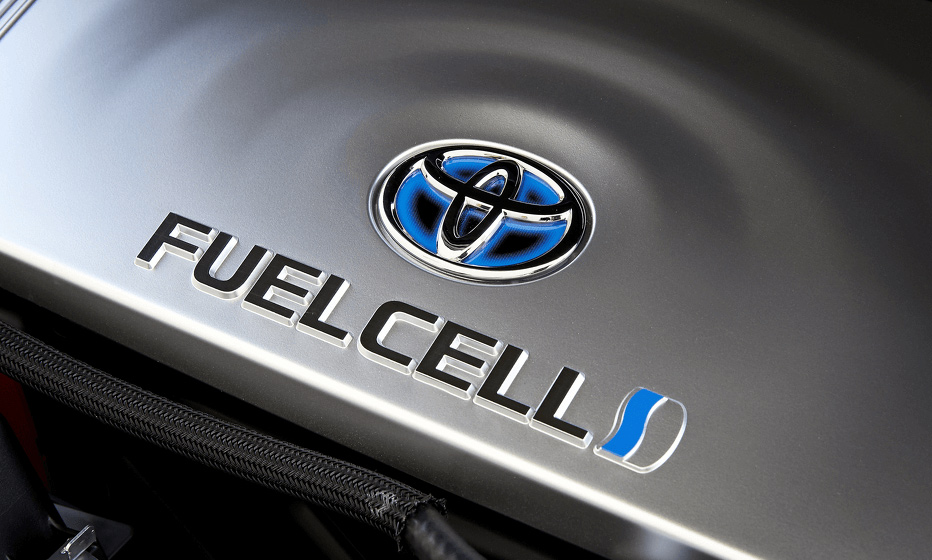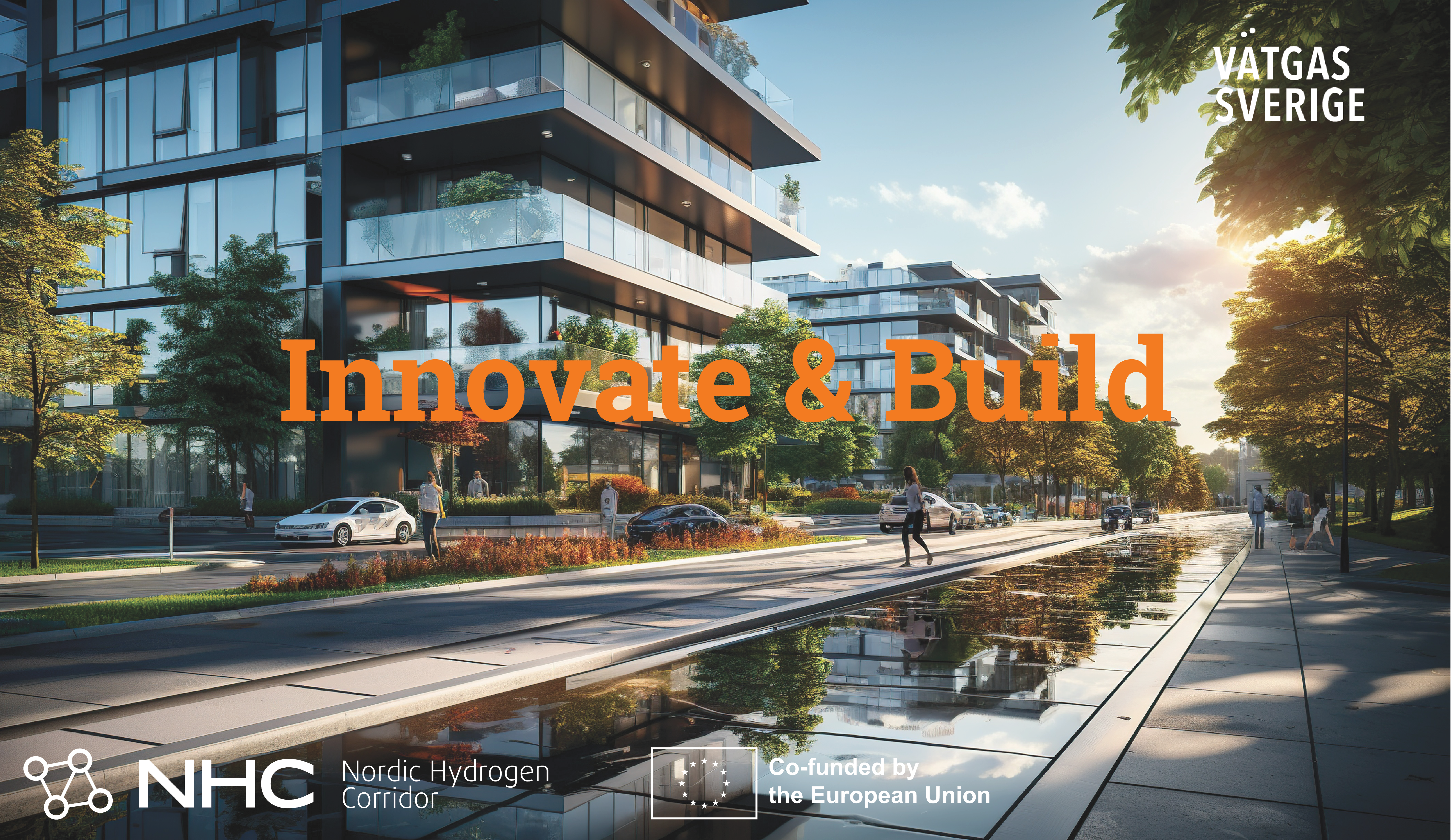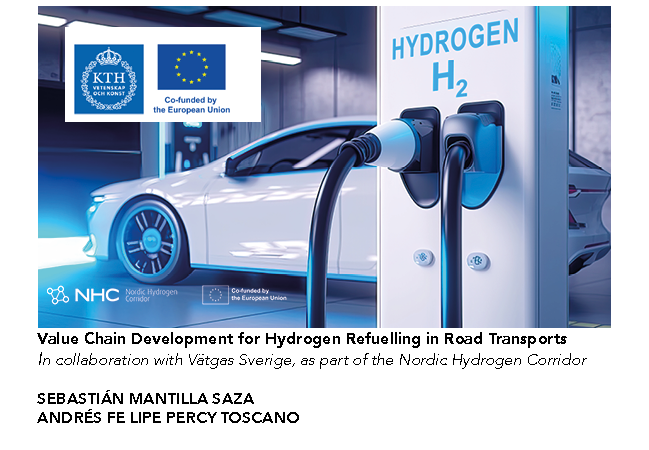Paving the way for
fossil-free transportation
in the Nordic region
Find out more
The Nordic Hydrogen Corridor project will demonstrate that renewable hydrogen is essential to the Swedish 2045 net zero greenhouse gas emission target and the build-up of an alternative fuel infrastructure.
Accelerating the uptake of renewable hydrogen through Nordic Hydrogen Corridor is vital and will facilitate the establishment of refueling stations for fuel cell electric vehicles as well as the creation of a hydrogen supply chain and highly skilled jobs and competence across the sector.

The need
for immediate
change
Climate changes are now a fact and every extra tonnes of CO₂ emission affects the climate negatively. Transportation represents 25% of Europe’s greenhouse gas emissions and is the main cause of air pollution in the cities. Emission free transport is crucial to reach net zero CO₂ and will have benefits both for the health and climate.
Hydrogen is a key enabler for decarbonizing the transport sector. The benefits of hydrogen as a fuel are receiving increasing attention and a research report from the University of Gävle shows that hydrogen-powered trucks could reduce emissions from transport to and from the port of Gävle in Sweden by 70 percent.
The Nordic Hydrogen Corridor (NHC) consortium will pave the way for a hydrogen infrastructure in the Nordics. We are pleased to develop the business case for hydrogen in transportation and keen to support both industry as well as government in further developing clear and immediate action for the hydrogen transport sector.
We are pleased to develop the business case for hydrogen in transportation and keen to support both industry as well as government in further developing clear and immediate action for the hydrogen transport sector.
Hydrogen is a key enabler for decarbonizing the transport sector. The Nordic Hydrogen Corridor (NHC) consortium will pave the way for a hydrogen infrastructure in the Nordics.
Enabling zero emission transport
The new Nordic HRS network will enable long distance travel between the metropolitan areas. From Norway, through Sweden to Denmark and Finland and further via Germany to other parts of Europe with a fleet of fuel cell electric vehicles. An increased use of fuel cell electric vehicles has been pointed out by the European Commission as an important step to reach an emission free transport sector. By using hydrogen in conjunction with fuel cell technology one gets emission-free vehicles with clean water vapor as the only emission. The hydrogen will cause no greenhouse gas emissions since it will be produced from renewable energy in Scandinavia.
How will it work?
- The Nordic Hydrogen Corridor is a study with pilot deployment of 8 hydrogen refuelling stations (HRS), 100 fuel cell electric vehicles (FCEV) and one production unit (electrolyser) to secure dedicated pure green hydrogen production capacity. It is implemented in Sweden along the Scandinavian-Mediterranean Core Network Corridor.









